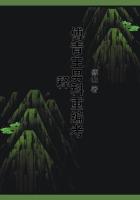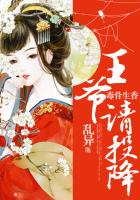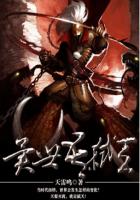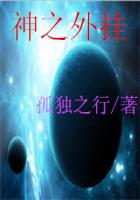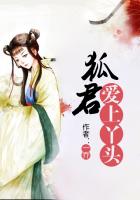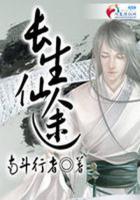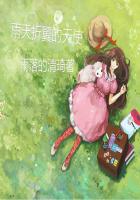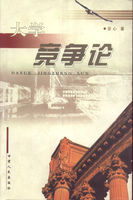They are new! It is enough. And others, as utterly unlike them both. They too are new. They have as yet no label of their own then put on some one else's!
And so--I thought it must always be; for Time is essential to the proper placing and estimate of all Art. And is it not this feeling, that contemporary judgments are apt to turn out a little ludicrous, which has converted much criticism of late from judgment pronounced into impression recorded--recreative statement--a kind, in fact, of expression of the critic's self, elicited through contemplation of a book, a play, a symphony, a picture? For this kind of criticism there has even recently been claimed an actual identity with creation. Esthetic judgment and creative power identical! That is a hard saying. For, however sympathetic one may feel toward this new criticism, however one may recognise that the recording of impression has a wider, more elastic, and more lasting value than the delivery of arbitrary judgment based on rigid laws of taste; however one may admit that it approaches the creative gift in so far as it demands the qualities of receptivity and reproduction--is there not still lacking to this "new" critic something of that thirsting spirit of discovery, which precedes the creation--hitherto so-called--of anything? Criticism, taste, aesthetic judgment, by the very nature of their task, wait till life has been focussed by the artists before they attempt to reproduce the image which that imprisoned fragment of life makes on the mirror of their minds. But a thing created springs from a germ unconsciously implanted by the direct impact of unfettered life on the whole range, of the creator's temperament; and round the germ thus engendered, the creative artist--ever penetrating, discovering, selecting--goes on building cell on cell, gathered from a million little fresh impacts and visions. And to say that this is also exactly what the recreative critic does, is to say that the interpretative musician is creator in the same sense as is the composer of the music that he interprets. If, indeed, these processes be the same in kind, they are in degree so far apart that one would think the word creative unfortunately used of both....
But this speculation--I thought--is going beyond the bounds of vagueness. Let there be some thread of coherence in your thoughts, as there is in the progress of this evening, fast fading into night.
Return to the consideration of the nature and purposes of Art! And recognize that much of what you have thought will seem on the face of it heresy to the school whose doctrine was incarnated by Oscar Wilde in that admirable apotheosis of half-truths: "The Decay of the Art of Lying." For therein he said: "No great artist ever sees things as they really are." Yet, that half-truth might also be put thus: The seeing of things as they really are--the seeing of a proportion veiled from other eyes (together with the power of expression), is what makes a man an artist. What makes him a great artist is a high fervour of spirit, which produces a superlative, instead of a comparative, clarity of vision.
Close to my house there is a group of pines with gnarled red limbs flanked by beech-trees. And there is often a very deep blue sky behind. Generally, that is all I see. But, once in a way, in those trees against that sky I seem to see all the passionate life and glow that Titian painted into his pagan pictures. I have a vision of mysterious meaning, of a mysterious relation between that sky and those trees with their gnarled red limbs and Life as I know it. And when I have had that vision I always feel, this is reality, and all those other times, when I have no such vision, simple unreality. If I were a painter, it is for such fervent vision I should wait, before moving brush: This, so intimate, inner vision of reality, indeed, seems in duller moments well-nigh grotesque; and hence that other glib half-truth: "Art is greater than Life itself." Art is, indeed, greater than Life in the sense that the power of Art is the disengagement from Life of its real spirit and significance. But in any other sense, to say that Art is greater than Life from which it emerges, and into which it must remerge, can but suspend the artist over Life, with his feet in the air and his head in the clouds--Prig masquerading as Demi-god. "Nature is no great Mother who has borne us. She is our creation. It is in our brain that she quickens to life." Such is the highest hyperbole of the aesthetic creed. But what is creative instinct, if not an incessant living sympathy with Nature, a constant craving like that of Nature's own, to fashion something new out of all that comes within the grasp of those faculties with which Nature has endowed us? The qualities of vision, of fancy, and of imaginative power, are no more divorced from Nature, than are the qualities of common-sense and courage. They are rarer, that is all. But in truth, no one holds such views. Not even those who utter them. They are the rhetoric, the over-statement of half-truths, by such as wish to condemn what they call "Realism," without being temperamentally capable of understanding what "Realism" really is.
And what--I thought--is Realism? What is the meaning of that word so wildly used? Is it descriptive of technique, or descriptive of the spirit of the artist; or both, or neither? Was Turgenev a realist?
No greater poet ever wrote in prose, nor any one who more closely brought the actual shapes of men and things before us. No more fervent idealists than Ibsen and Tolstoy ever lived; and none more careful to make their people real. Were they realists? No more deeply fantastic writer can I conceive than Dostoievsky, nor any who has described actual situations more vividly. Was he a realist? The late Stephen Crane was called a realist. Than whom no more impressionistic writer ever painted with words. What then is the heart of this term still often used as an expression almost of abuse?

